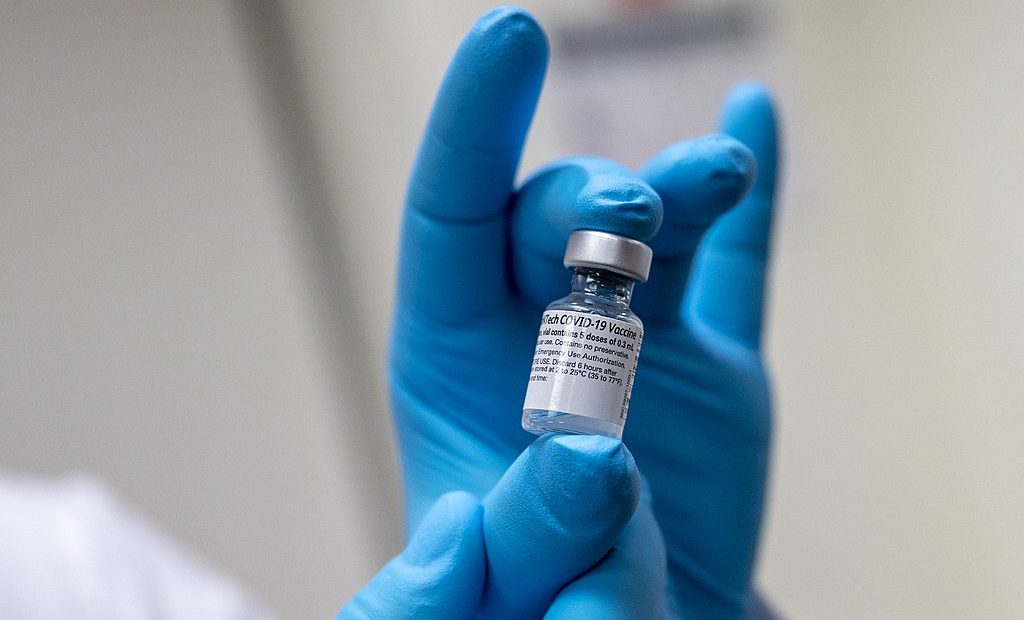Global Vaccine Equity
Soniya Pandey | 20 Dec 2021
“No one is safe until everyone is safe.”
With the advent of the Covid-19 pandemic, healthcare systems and political institutions were tasked with confronting and navigating an unprecedented crisis that was spreading at a pace faster than it could be construed.
The uncertainty and fears nurtured an environment of panic, chaos and proliferation of misinformation. While the scientific community helped the public to come to grips with this virus, whether through advising efficacious precautionary measures or developing a vaccine within ten months, the former apprehensions persisted and the skepticism grew deeper.
The world found itself in a prolonged state of crisis as a result of stockpiling of vaccines by wealthier nations and a short term profit-driven approach by pharmaceutical companies making and distributing the vaccines. Furthermore, there was a huge spread of misinformation about the virus and the measures employed to eliminate or reduce it.
While we now have a rudimentary understanding of the virus, we also know that newer, evolving mutations might be far more dangerous and transmissible. Addressing them might lead to reimposition of the travel bans and lockdowns but these will only serve as temporary solutions. New mutations will keep developing, granted with varying fatalistic or negligible consequences, until everyone or at least a majority of the world population is vaccinated.
This leads to an increased need for vaccine equity which warrants a fair and impartial distribution of vaccines across nations; irrespective of their economic or developmental status. It also requires the national healthcare systems to ensure their citizen’s access to these vaccines regardless of one’s race, religion, gender or economic condition.
As recorded by the World Health Organization, 64.94% of high income country residents have received at least one dose of the vaccine while only 8.06% of low income country residents have. Africa, a continent with over 1.3 billion people has only 7% of its population vaccinated making it the most under-vaccinated region of the world. This makes the emergence of variants seem inevitable and these regions all the more susceptible to be the epicenter of such outbreaks.
Not only does this inequity prove to be morally wrong and put these citizen’s at a significant disadvantage public health-wise, but with repeated misplaced actions like travel bans – it hinders these nation’s chances of economic recovery and functioning, trapping them in a cyclical loop. The isolationist approach adopted by the developed countries also reduces incentives for third-world countries to be transparent about the new mutations and variants.
“ The COVID-19 pandemic is the biggest test of humanity’s ability to think and act as humankind. To pass the test, rich nations must stop vaccine hoarding, immediately redistribute surplus vaccines, meet their pledges to the COVID-19 Vaccines Global Access (COVAX) program, support the Trade-Related Aspects of Intellectual Property Rights (TRIPS) waiver, and mandate pharmaceutical companies to transfer know-how for diagnostics, vaccines, and therapeutics.” – Madhukar Pai and Dr. A. Alakija
Like quoted above – while wealthier, more developed nations are stepping up in financing as well as redistributing excess vaccines, the pace still needs to be increased. The intellectual property rights over vaccines should be lifted so that production can take place all over the world with greater ease and speed. Multilateral efforts by national healthcare systems, international organizations and civil organizations need to be emphasized for the presence of misinformation and vaccine hesitancy are still undermining efforts to provide access to the vaccines in these regions.
Simply supplying the vaccines will be unfruitful until the distribution adapts to the shipment channels and healthcare infrastructure of developing nations. Productive results rely on the ability of political leaders and global cooperation to address the current issues and shortcomings of every nation based on their unique socio-political context.
The future of this pandemic is filled with uncertainty and the manner in which we direct our collective agency will pave the way. Hopefully humanity steps up and vaccine equity assumes uncontested priority and access to adequate healthcare and medical resources becomes more of a right than a privilege.
Photo: U.S. Secretary of Defense [Flickr]










Leave reply